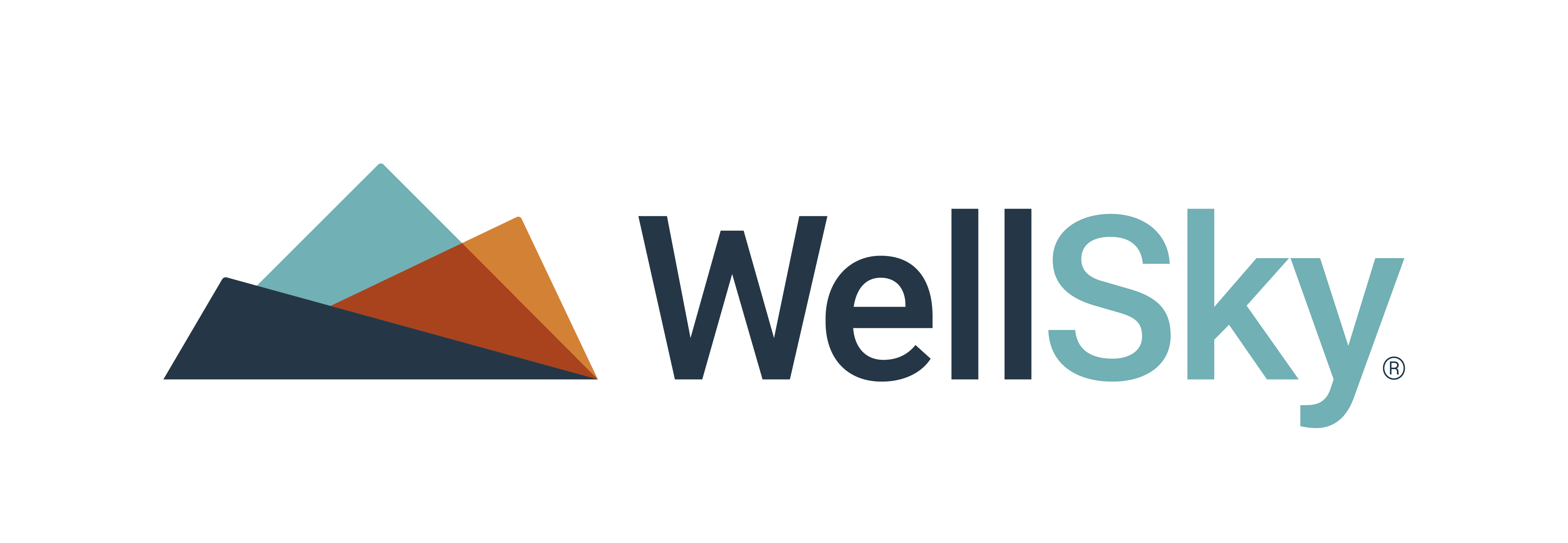 We can see the change happening all around us. The demand for quality home care is growing, as revealed in our 2016 report Caring for America’s Seniors: The Value of Home Care. In the U.S., there are already more people over 60 than under 15. And by 2030, the 65and over population will represent 20 percent of the total population, up from 13 percent in 2010.
We can see the change happening all around us. The demand for quality home care is growing, as revealed in our 2016 report Caring for America’s Seniors: The Value of Home Care. In the U.S., there are already more people over 60 than under 15. And by 2030, the 65and over population will represent 20 percent of the total population, up from 13 percent in 2010.
That means the opportunity for your agency to grow is ripe. But how can you grow a smaller agency without overextending or missing opportunities? We spoke with Ken Helfers of Always Best Care in Louisville, KY to find out.
Your Home Care Agency is Ready to Grow. Now What?
Growth is full of triumph and effort. Here's how you can tackle the challenges so the excitement fuels you. First things first, you must understand your market and your business, including the gaps you need to fill.
1. Examine your needs
As you know, some markets are saturated with agencies, but experience a shortage of caregivers. Those in other markets don't have as much trouble recruiting caregivers. If your local market is ripe with qualified, experienced caregivers, the way you proceed will be different than how you'd proceed if you were struggling to recruit new care providers. (That means some of the following tips may not apply to your growth strategy right now, though they could one day). "It's important, says Helfers, to assess where you are and what you really need."
"You have choices," he explains. "You can say, 'OK, we want to grow. Do we add a salesperson? Do we try to get some new clients? Do we add staff to deal with the influx? Or do we hire someone who can recruit more caregivers?'"
Run a quick gap analysis to discover your current strengths and weaknesses, and be sure to build flexibility into your growth plan, such that if your plan doesn't prove successful in a given time period (perhaps after a six-month reassessment), you can make a change.
2. Find the right software platform
Part of remaining flexible is finding the right system to house your information and to operate within. As you scale, you may need more from whatever platform you're using for recruiting, scheduling, assessment and client communication.
Whatever home care software you choose should enable you to do more with less. In Helfer's experience, scalability requires a software system that allows you to be functional, flexible and fast. You should be able to perform your primary business functions like billing, scheduling, payroll, background checks, etc. all within the same platform. This helps to keep your data connected so you don't have to worry about manual data entry and reduces the chances of errors.
Imagine going from five full-time caregivers to 20 or 30. If you don't have the right platform, keeping track of all of these people and where they are and when, as well as real-time visibility into what every client needs and when, will keep you too busy to focus on other tasks. Things like optimizing your schedule can fall through the cracks. And if you don't have full schedules, you're losing revenue, thus impeding your ability to grow.
"When (my agency) first started, I was doing all of these things manually," says Helfers. "Then that starts to become its own full-time job, a really cumbersome thing. The more efficient you can be in the back office — the more integrated the platform is — the easier it is to do more with fewer people, so you can realize more profit and plan better for your next steps."
3. Develop a recruitment process
Let's say you have chosen a software platform and understand your market. Now it's time to act on those ideas about what will best help you grow through aligning people and process. Will adding more caregivers to your team will help you grow? Develop a documented recruiting process.
Understand your pipeline in order to remain proactive in hiring. Knowing your clients' needs, too, should drive recruiting efforts. You may consider running individual recruitment ads if clients have specialized care needs. Or you might want to stick exclusively to group interviews and orientations, so you can move more quickly to gain caregivers.
4. Uncover your best referral sources
"If you've determined that your immediate need is "more clients," consider diversifying your referral sources," suggests Helfers. "Stick with the classics (such as hospital discharges and client testimonials) but also find a niche need or opportunity in your market and exploit it. Do you have the ability to complete insurance-based assessments in order to gain a referral? Or are you able to create one-on-one relationships with local hospice providers?"
"If you're still a small agency, being more strategic in managing referral sources is better than blanketing the world with sales calls," says Helfers.
When you're in the initial growth phase, you may sweat every client you have. Once you reach a certain threshold, though, you'll start to experience some turnover, and that's OK. But that doesn't mean retention isn't critical to your bottom line. That brings us to Helfers' final tip: keep clients happy.
5. Manage expectations
Client retention "takes a certain amount of synergy," says Helfers. "You'll start to feel more comfortable managing your growth, allowing you to be more proactive." While you are navigating your path to building up your business, growing pains can become apparent to your current or prospective clients. So it's crucial that you communicate well.
"The most important thing you can do is manage expectations. If you're getting to a point where you can't find a caregiver for your schedule, you will need to tell your new customer about the timeline. You want consistency in care quality, not to just throw bodies at a problem. Taking time to recruit the right people is important. But you have to communicate that to your customers, so they can have the opportunity to find another agency if they're looking for something more immediate. That way, even if you can't fill the immediate need, you have built some trust and they may call you down the road."
Can You Grow Too Fast?
If you're great at creating plans and aligning processes, people and operations, you might grow quickly, but you will have done the front-end work to ensure you have scalable infrastructure to support that growth. Without that infrastructure, you may have too many clients and not enough caregivers, or too many caregivers and not enough office staff to help with scheduling and payroll.
Understand your plan and stay flexible with six-month assessment intervals, and you should grow at the pace that works for both your agency and your clients.










